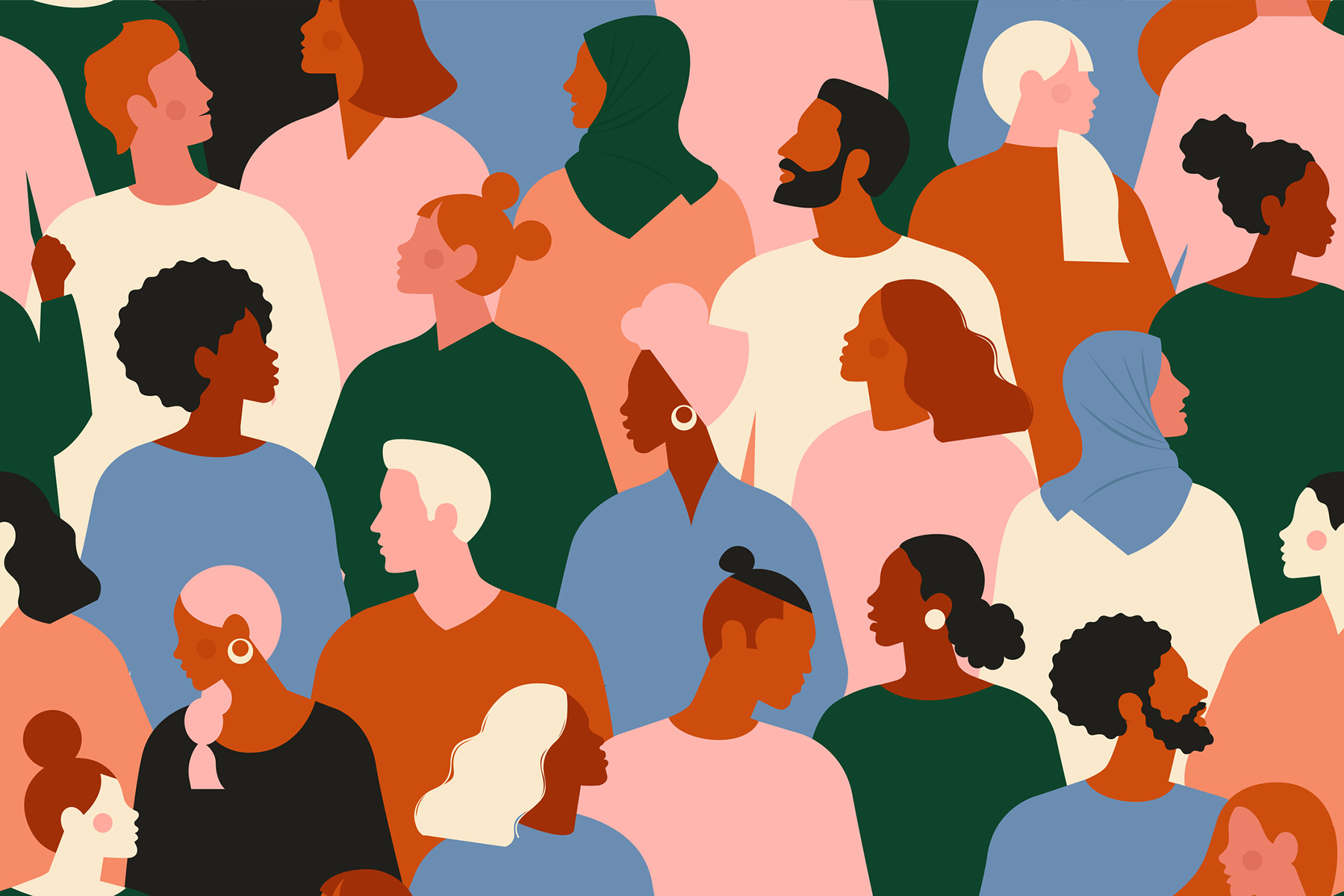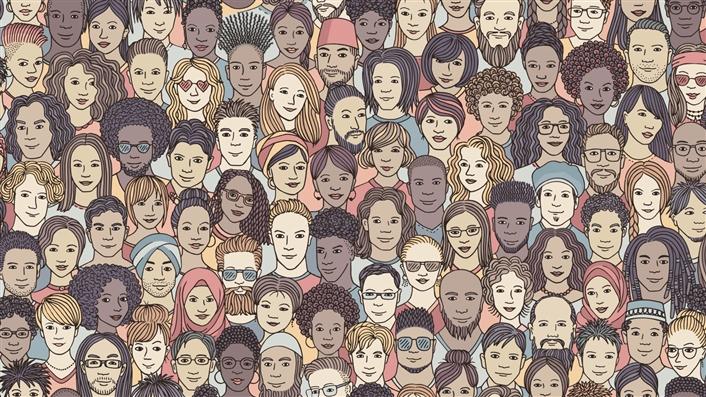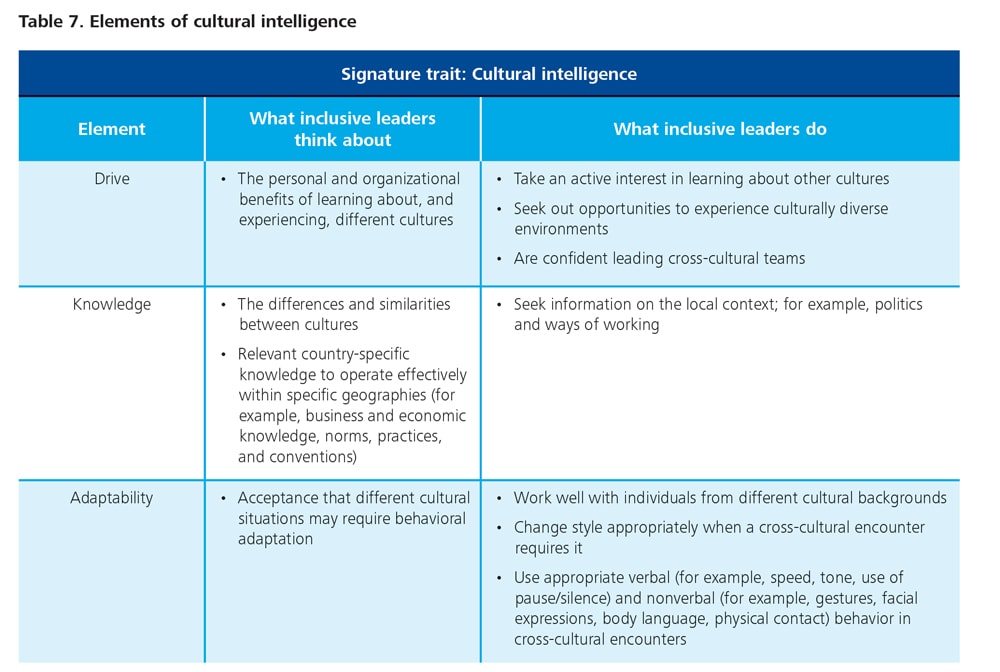As humans, we often consider ourselves unique and different from others based on our cultural, ethnic, or religious backgrounds. However, if we take a closer look, we will realize that the diversity within humanity goes beyond these obvious factors. Every individual has their own story, experiences, and perspectives that shape their identity.
One way to uncover the diversity within humanity is by exploring the different aspects of identity that make us who we are. For instance, we all have individual interests, personality traits, strengths, weaknesses, and beliefs that differentiate us from one another. By recognizing and respecting these unique qualities, we can appreciate the richness of diversity among us.
Another way to uncover the diversity within humanity is by acknowledging the different social identities that intersect to shape our experiences. For example, a person’s race, gender, sexual orientation, and socio-economic status can all affect their opportunities, privileges, and hardships in life. By understanding the ways in which these different identities interact, we can better appreciate the complexity of diversity and work towards creating a more equitable society.
It is essential to value diversity because it enriches society in various ways. When we embrace and celebrate our differences, we open up opportunities for growth, learning, and collaboration. We can learn from each other’s experiences, perspectives, and knowledge, leading to innovation and progress.
Moreover, valuing diversity also means recognizing and addressing existing inequalities and injustices. It means working to create a world where everyone can thrive and where everyone has equal access to opportunities and resources.
In conclusion, uncovering the diversity within humanity means recognizing that we are all unique individuals with our own stories, experiences, and identities. By embracing and valuing our differences, we can create a more equitable and inclusive world.











